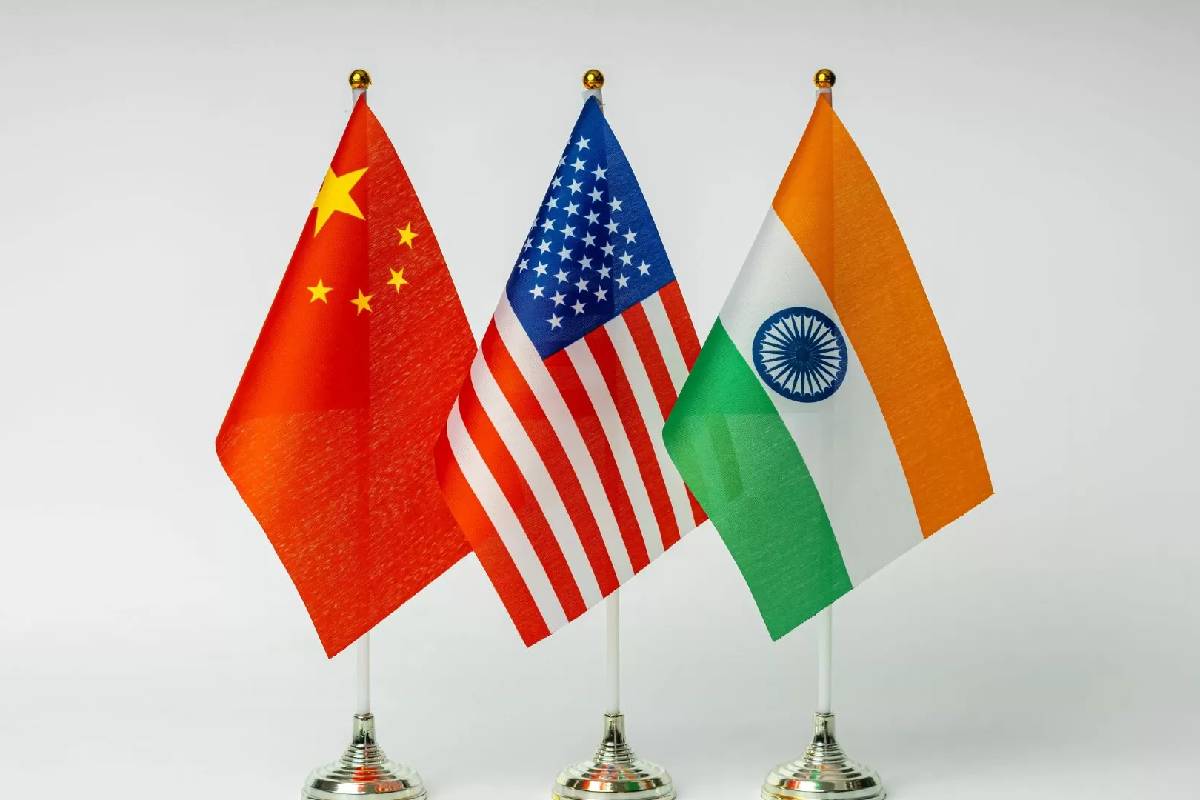NEW DELHI: In a significant diplomatic move, the United States has officially recognised Arunachal Pradesh as Indian territory, firmly opposing any unilateral attempts by China to advance its territorial claims. The statement came from a senior Biden administration official, Vedant Patel, amidst escalating tensions over the disputed region.
Speaking at a daily press conference, Patel emphasised, “The United States recognises Arunachal Pradesh as Indian territory, and we strongly oppose any unilateral attempts to advance territorial claims by incursions or encroachments across the Line of Actual Control.” The statement underscores the Biden administration’s support for India’s sovereignty and territorial integrity amid China’s persistent claims over Arunachal Pradesh.
ALSO READ: Modi congratulates Putin, pledges stronger India-Russia ties
China swiftly responded, expressing firm opposition to the U.S. recognition of Arunachal Pradesh as part of Indian territory. Chinese Foreign Ministry spokesperson Lin Jian reiterated China’s stance, stating that the U.S. has no role in the border dispute between India and China. Lin Jian emphasised that the delimitation of the China-India boundary remains incomplete and reaffirmed China’s claim over Arunachal Pradesh, known as ‘Zangnan’ in Chinese, as an undeniable part of its territory.
The latest exchange comes after the Chinese military reiterated its claim over Arunachal Pradesh following Prime Minister Narendra Modi’s visit to the region. China’s Defence Ministry spokesperson, Senior Colonel Zhang Xiaogang, vehemently opposed the “so-called Arunachal Pradesh illegally established by India.”
ALSO READ: PM Modi to visit Bhutan, strengthen ties amid China’s watch
India has consistently rejected China’s territorial claims over Arunachal Pradesh, asserting it is an integral part of the country. On March 9th, Prime Minister Modi inaugurated the Sela Tunnel, situated at an elevation of 13,000 feet in Arunachal Pradesh. This tunnel, designed to offer all-weather connectivity, particularly benefits the strategically positioned Tawang region and enhances the mobility of troops along the frontier area.
As geopolitical tensions continue to simmer in the region, the U.S.’s explicit support for India’s territorial integrity marks a significant development. However, China’s firm opposition underscores the complexity of the India-China border dispute and the challenges ahead in resolving it diplomatically










